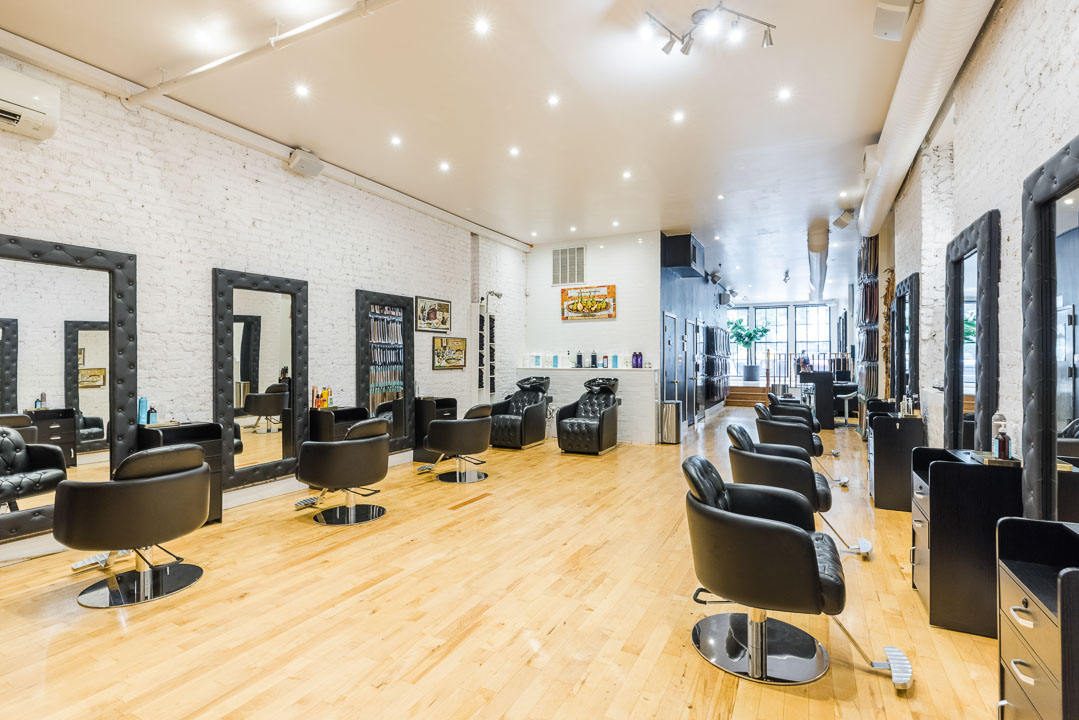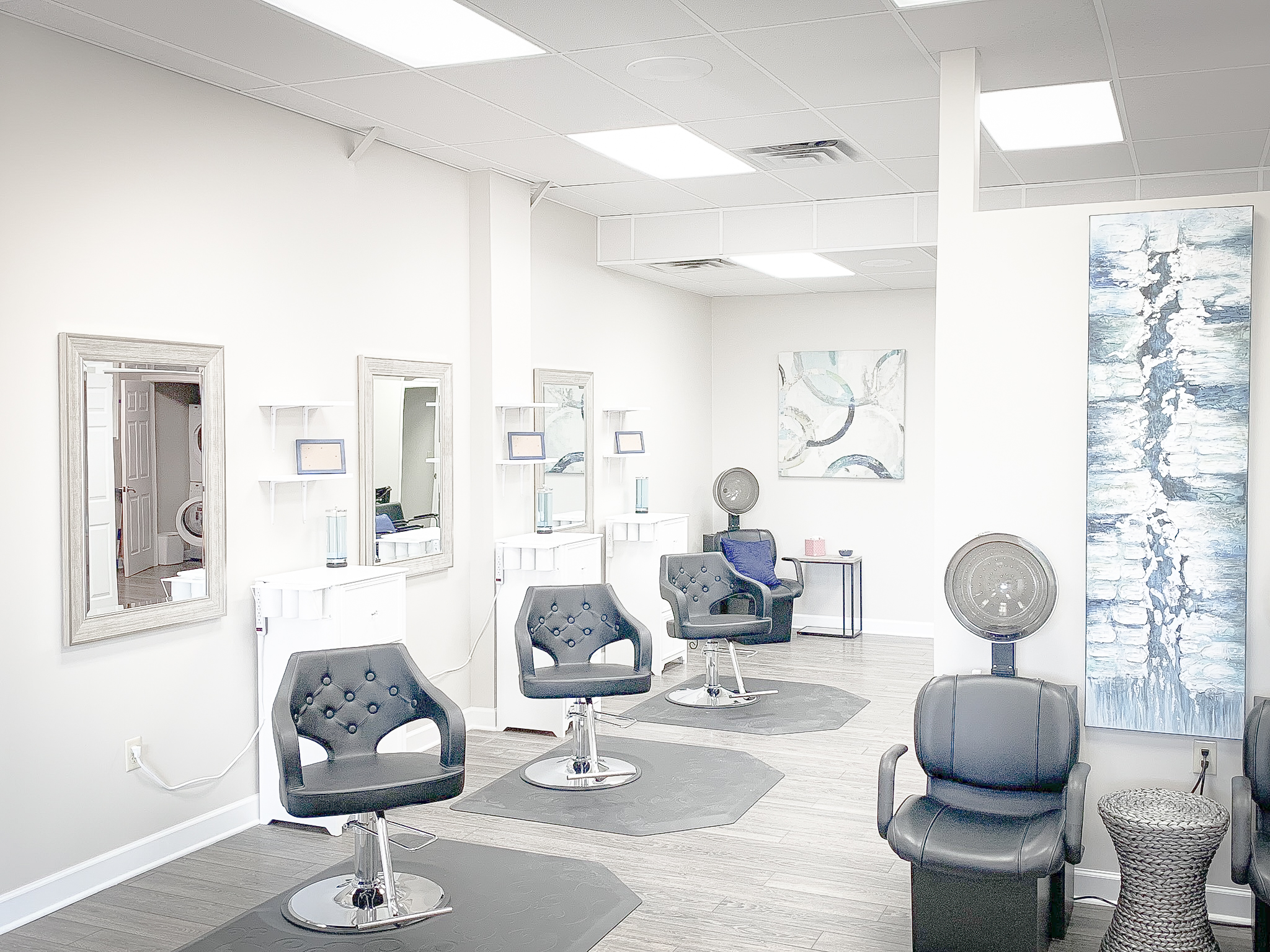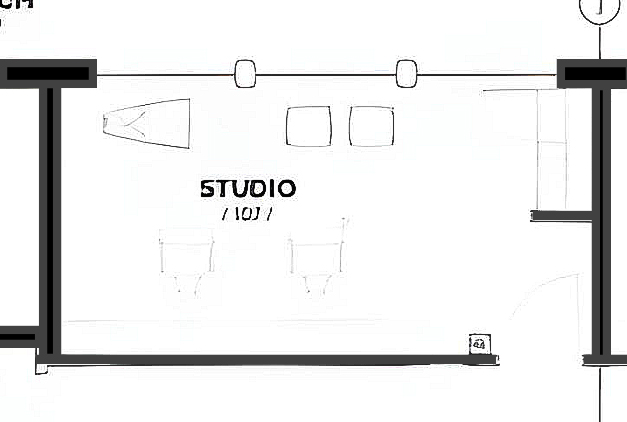Strategic Choices: Evaluating the Advantage of Leasing Versus Having a Salon Room to Enhance Long-Term Success and Financial Practicality
When it comes to developing a beauty parlor company, one of the vital decisions that proprietors should thoroughly take into consideration is whether to lease or own the room in which they operate. The option between leasing and owning a hair salon area can have a significant effect on the long-term success and monetary health and wellness of business. Factors such as functional flexibility, monetary effects, and investment prospective play an important duty in this critical decision-making procedure. By checking out the benefits and downsides of each choice, beauty parlor owners can make educated selections that straighten with their organization objectives and ambitions.

Benefits And Drawbacks of Renting Out
When considering the choice in between renting out a beauty parlor space or possessing one, it is essential to consider the pros and cons of renting out to make an enlightened selection. One main advantage of renting a salon area is the flexibility it supplies.

Financial Factors to Take Into Consideration

Considering the financial implications of renting a beauty parlor area versus possessing one is vital for making a well-informed service choice. When evaluating the economic elements, it is important to analyze the first costs related to each choice. Renting a beauty parlor space typically calls for a safety deposit and regular monthly rent payments, whereas having involves a deposit, home mortgage repayments, real estate tax, and upkeep expenditures.
Additionally, the long-term economic implications differ in between renting out and possessing. On the other hand, having a salon room provides prospective equity development and the possibility to build possessions.
Additionally, take into consideration the influence on cash money circulation and earnings. Leasing may provide lower upfront prices, allowing you to allocate more resources to advertising and marketing and business development. On the other hand, having requires a considerable initial financial investment but might lead to cost financial savings in the future. Reviewing these financial variables adequately will aid you make a calculated choice that maximizes your salon's lasting success and economic viability.
Functional Versatility and Control
Optimum functional effectiveness plays an essential duty in identifying the balance between adaptability and control when choosing in between leasing and owning a salon room. Renting a beauty salon room offers fundamental versatility Continued as it permits easier adjustments to transforming market problems, client choices, or company demands. This adaptability is specifically beneficial for brand-new hair salon owners or those aiming to evaluate different areas prior to committing long-term. In addition, leasing supplies the benefit of not being restrained to a specific home, making it possible for easier relocation if necessary.
On the other hand, owning a salon space offers a higher feeling of control over the property and its operations. Proprietors have the liberty to customize the area to their preference, apply long-term strategies without the danger of lease terminations, and possibly build equity gradually. Nonetheless, ownership also comes with responsibilities such as residential property maintenance, insurance policy, and real estate tax, which can affect the overall financial commitment.
Ultimately, the decision between leasing and owning need to take into consideration the preferred level of functional flexibility and control that aligns with the beauty salon's long-lasting objectives and vision.
Financial Investment Prospective in Possession
Given the operational considerations reviewed earlier, exploring the financial investment capacity in salon ownership loses light on the monetary implications and long-lasting advantages that come with having a hair salon room. By investing in a salon room, haircut prices near me proprietors have the prospective to benefit from home appreciation, which can serve as a useful property in the long run.
Additionally, possession permits higher control over the space, enabling proprietors to personalize and customize the beauty parlor to their specific brand and vision without the restrictions often imposed by landlords. This degree of control can enhance the general client experience and brand identity, potentially resulting in enhanced client retention and organization growth.
In terms of financial investment capacity, having a hair salon room can likewise open chances for added earnings streams, such as leasing unused space to other appeal specialists or integrating retail sales within the hair salon. Hair salon suites. These varied earnings sources can add to the overall economic health and sustainability of the service
Long-Term Stability and Growth
With an emphasis on sustainability and growth over time, developing lasting stability and promoting development are pivotal facets of beauty parlor possession. To make sure long-lasting security, salon owners have to carefully take into consideration aspects such as area, market trends, and economic planning. Choosing in between renting and possessing a salon room plays a considerable duty in identifying business's growth potential.
Leasing a hair salon space gives versatility and lower initial expenses, allowing proprietors to allot resources towards boosting services and advertising initiatives. Lasting rental expenses can impact profitability and limit the capacity to construct equity in the residential property. On the other hand, possessing a beauty salon room provides stability with repaired home loan repayments and the possibility for home recognition. By having the area, hair salon owners have more control over personalizing the residential or commercial property to suit their brand and can gain from long-lasting possession development.
Eventually, the choice in between renting and having a salon area must align with the proprietor's lasting business goals and economic objectives. Whether prioritizing adaptability navigate to this site or equity building, a strategic method to residential property ownership can substantially impact the salon's security and development trajectory.
Verdict
In verdict, the decision between renting out and possessing a beauty salon space requires a careful assessment of economic factors, operational adaptability, investment potential, and long-lasting security. Both alternatives come with their own collection of advantages and negative aspects, and it is important for salon proprietors to consider these factors to optimize long-lasting success and economic viability. Hair salon suites. Eventually, the option between renting and having ought to be based on a complete evaluation of individual service objectives and scenarios